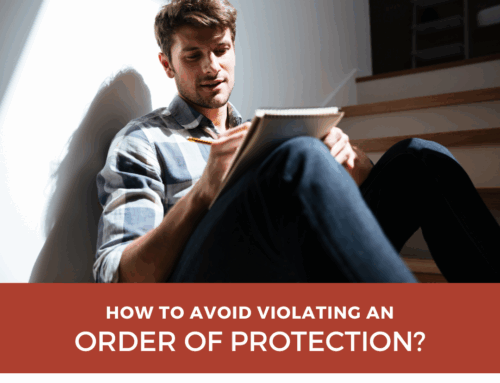If you’re like many people facing domestic battery charges in Illinois, you don’t know what happens next – and although every case is different, it’s probably in your best interest to get in touch with a domestic battery defense attorney right away… especially if you’re facing false allegations.
What Happens to First-Time Domestic Violence Offenders in Illinois?
Illinois law is very clear about domestic battery – the act of knowingly (and without legal justification) causing bodily harm to any family or household member, or making physical contact of an insulting or provoking nature with any family or household member.
In most cases, domestic battery is a Class A misdemeanor. If you’re convicted of the crime of domestic battery, even if it’s your first offense, the judge in your case can sentence you to up to a year in jail. The judge can also make you pay fines of up to $2,500.
Things change if it’s not your first offense, though. If you have a previous domestic battery conviction, or if you’ve met a circumstance outlined in the Illinois Domestic Violence Act, you may be looking at a Class 4 felony. The penalty for a Class 4 felony is up to three years in prison – and the judge may also order you to pay up to $25,000 in fines.
Can You Defend Against First-Time Domestic Violence Charges?
Your attorney will evaluate your situation and determine how to get you the best possible outcome in your case. If you were simply defending yourself or the allegations against you are false, your attorney will make sure that the judge knows. There are a handful of other defenses your attorney might use, as well – but every case is different, so it’s best to speak with your attorney about your specific situation.
Do You Need to Talk to a Lawyer in Chicago, Skokie or Rolling Meadows About a First-Time Domestic Violence Charge?
If you’ve been accused of domestic battery, call us at 847-920-4540 for a free consultation. We’ll ask you a few questions, hear your side of the story, and give you the legal guidance you need to move forward.







Leave A Comment
You must be logged in to post a comment.